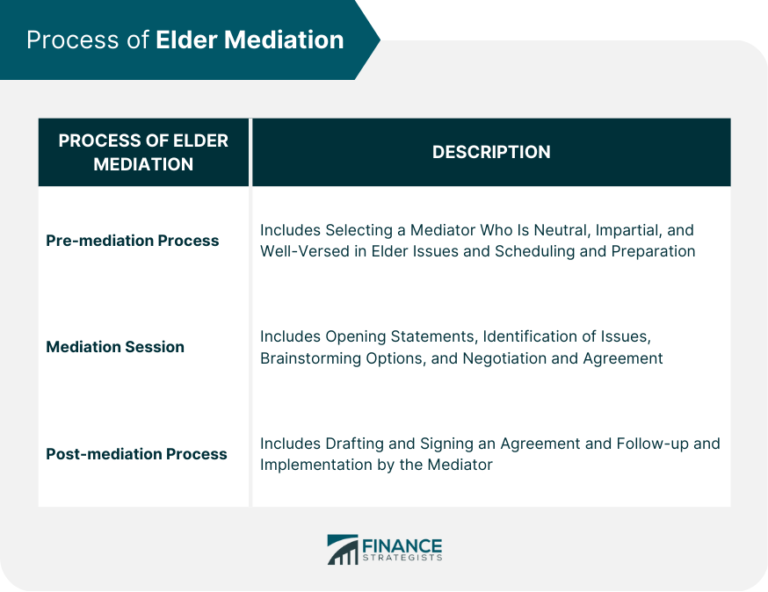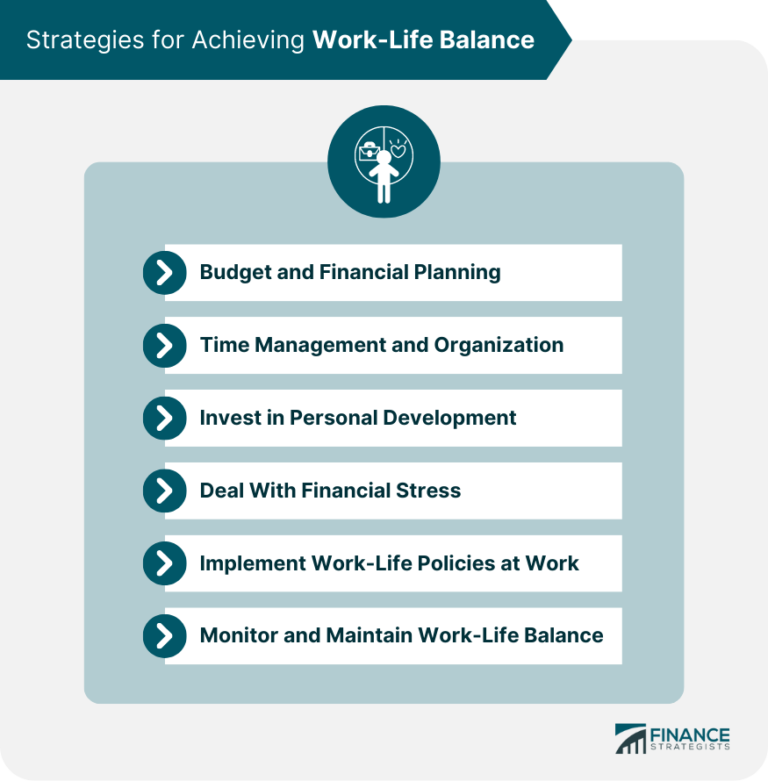Introduction
Definition of stress and burnout
Stress and burnout are two common challenges faced by professionals in the legal profession. Stress can be defined as the physical and emotional response to demanding situations, such as heavy workloads, long hours, and high-pressure deadlines. It can lead to feelings of overwhelm, exhaustion, and a decreased ability to cope with daily tasks. On the other hand, burnout is a state of chronic physical and emotional exhaustion, often accompanied by feelings of cynicism and detachment. It is typically caused by prolonged exposure to stress and can have serious implications for an individual’s mental and physical well-being. Understanding the definition of stress and burnout is crucial in order to effectively manage and prevent these issues in the legal profession.
Importance of managing stress and burnout
The importance of managing stress and burnout in the legal profession cannot be overstated. Lawyers are often faced with high-pressure situations, long hours, and demanding clients, which can lead to chronic stress and eventual burnout. It is crucial for legal professionals to prioritize their mental and emotional well-being in order to maintain a healthy work-life balance and provide effective representation to their clients. By implementing stress management techniques and seeking support when needed, lawyers can reduce the negative impact of stress and burnout, enhance their overall productivity, and ensure long-term success in their careers.
Overview of the legal profession
The legal profession is a demanding and high-pressure field that requires individuals to navigate complex legal systems, provide legal advice, and represent clients in court. Lawyers and legal professionals often face long hours, tight deadlines, and high stakes cases, which can contribute to stress and burnout. It is important for individuals in the legal profession to be aware of the potential risks to their mental and physical well-being and to take proactive steps to manage stress and prevent burnout. This article will provide an overview of the legal profession and explore strategies for effectively managing stress and burnout in this demanding field.
Causes of Stress and Burnout in the Legal Profession
High workload and long hours
High workload and long hours are common challenges faced by professionals in the legal profession. The demanding nature of legal work often requires lawyers to handle multiple cases simultaneously and work long hours to meet deadlines. This can result in high levels of stress and burnout, as individuals struggle to maintain a healthy work-life balance. The pressure to consistently deliver high-quality work can further exacerbate the negative effects of a heavy workload. It is crucial for legal professionals to find effective strategies to manage their workload and prioritize self-care to prevent burnout and maintain their well-being.
Pressure to meet deadlines
In the legal profession, there is often a significant amount of pressure to meet deadlines. Lawyers are constantly juggling multiple cases and tasks, and the consequences of missing a deadline can be severe. The pressure to meet deadlines can lead to increased stress and burnout among legal professionals. It is not uncommon for lawyers to work long hours, sacrificing personal time and well-being in order to meet these demands. Additionally, the high stakes nature of legal work adds an extra layer of pressure, as the outcomes of cases can have significant impacts on clients’ lives. It is crucial for legal professionals to find healthy ways to manage this pressure and prioritize self-care to prevent burnout in the long run.
Emotional demands of the job
The legal profession is known for its high emotional demands. Lawyers often deal with sensitive and difficult cases, which can take a toll on their mental and emotional well-being. They are required to handle the emotions of their clients, witnesses, and even opposing counsel. This constant exposure to intense emotions can lead to increased stress and burnout. Additionally, lawyers are often under pressure to meet tight deadlines and work long hours, further exacerbating the emotional demands of the job. It is crucial for legal professionals to prioritize self-care and seek support to manage the emotional challenges they face in order to maintain their well-being and effectiveness in their roles.
Effects of Stress and Burnout on Legal Professionals

Physical health issues
Physical health issues are a significant concern for professionals in the legal profession. The demanding nature of the job, long hours, and high levels of stress can take a toll on the body. Many lawyers experience chronic health conditions such as back pain, obesity, and cardiovascular problems due to the sedentary lifestyle and lack of physical activity. Additionally, the constant pressure to meet deadlines and perform at a high level can lead to unhealthy habits like poor eating habits, lack of sleep, and substance abuse. It is crucial for legal professionals to prioritize their physical well-being by incorporating regular exercise, maintaining a balanced diet, and practicing stress management techniques to prevent burnout and maintain optimal health.
Mental health issues
Mental health issues are a significant concern in the legal profession. The demanding nature of the work, long hours, high levels of stress, and intense pressure can take a toll on the mental well-being of lawyers. Many legal professionals experience symptoms of stress, anxiety, and burnout, which can negatively impact their overall health and job performance. It is crucial for individuals in the legal profession to prioritize their mental health and seek support when needed. By implementing strategies such as self-care, setting boundaries, and seeking professional help, lawyers can effectively manage stress and prevent burnout, ultimately leading to a healthier and more fulfilling career in the legal field.
Decreased job satisfaction and productivity
Decreased job satisfaction and productivity are common consequences of stress and burnout in the legal profession. When lawyers experience high levels of stress and exhaustion, their overall job satisfaction tends to decline. This can lead to a lack of motivation, decreased productivity, and a negative impact on the quality of their work. Furthermore, the constant pressure and demands of the legal profession can make it difficult for lawyers to maintain a healthy work-life balance, further exacerbating feelings of dissatisfaction and decreased productivity. It is crucial for legal professionals to recognize the signs of stress and burnout and take proactive steps to manage their well-being in order to maintain job satisfaction and productivity.
Strategies for Managing Stress and Burnout

Setting boundaries and managing workload
Setting boundaries and managing workload is crucial for lawyers to maintain their well-being and prevent burnout. With the demanding nature of the legal profession, it is easy for lawyers to take on too much work and neglect their personal lives. By setting clear boundaries and effectively managing their workload, lawyers can ensure they have time for self-care, relaxation, and spending quality time with loved ones. This includes learning to say no to additional tasks when necessary and delegating responsibilities to colleagues or support staff. Additionally, lawyers can benefit from prioritizing their tasks, breaking them down into manageable chunks, and utilizing time management techniques to stay organized and focused. By implementing these strategies, lawyers can create a healthier work-life balance and reduce the risk of stress and burnout in the legal profession.
Practicing self-care and relaxation techniques
Practicing self-care and relaxation techniques is crucial for managing stress and preventing burnout in the legal profession. Lawyers often face high levels of pressure and long hours, which can take a toll on their mental and physical well-being. By prioritizing self-care, such as engaging in regular exercise, getting enough sleep, and taking breaks throughout the day, lawyers can recharge and maintain their overall health. Additionally, incorporating relaxation techniques like deep breathing exercises, mindfulness, and meditation can help reduce stress levels and promote a sense of calm and balance. It is important for legal professionals to recognize the importance of self-care and make it a priority in their daily lives to effectively manage stress and prevent burnout.
Seeking support from colleagues and professionals
Seeking support from colleagues and professionals is crucial in managing stress and burnout in the legal profession. The demanding nature of the job can often lead to feelings of isolation and overwhelm. By reaching out to fellow lawyers and legal professionals, individuals can find solace in knowing that they are not alone in their struggles. Colleagues can offer valuable advice, share coping strategies, and provide a listening ear. Additionally, seeking support from professionals such as therapists or counselors can provide a safe space to discuss and address the emotional toll of the profession. Together, these support systems can help lawyers navigate the challenges of their work and promote overall well-being.
Importance of Work-Life Balance

Maintaining a healthy work-life balance
Maintaining a healthy work-life balance is crucial in managing stress and burnout in the legal profession. Lawyers often find themselves working long hours, dealing with high-pressure situations, and facing tight deadlines. However, neglecting personal well-being can lead to physical and mental exhaustion, impacting both professional performance and overall quality of life. By prioritizing time for self-care, setting boundaries, and engaging in activities outside of work, legal professionals can create a harmonious balance between their career and personal life. This not only helps reduce stress levels but also enhances productivity, creativity, and overall job satisfaction.
Setting priorities and managing time effectively
Setting priorities and managing time effectively are crucial skills for professionals in the legal profession to avoid stress and burnout. With the demanding nature of their work, lawyers often find themselves juggling multiple tasks and deadlines. By setting clear priorities and creating a well-structured schedule, legal professionals can ensure that they allocate their time and energy efficiently. This allows them to focus on important tasks, meet deadlines, and avoid the overwhelming feeling of being constantly overwhelmed. Additionally, effective time management enables lawyers to maintain a healthy work-life balance, reducing the risk of burnout. By prioritizing tasks based on urgency and importance, legal professionals can better manage their workload and ensure that they have time for self-care and relaxation. Overall, setting priorities and managing time effectively is essential for lawyers to thrive in their profession and maintain their well-being.
Creating boundaries between work and personal life
Creating boundaries between work and personal life is crucial for managing stress and preventing burnout in the legal profession. With the demanding nature of the job, it is easy for lawyers to become consumed by work and neglect their personal lives. However, setting clear boundaries and prioritizing self-care can help maintain a healthy work-life balance. This can include establishing designated work hours, avoiding checking emails or taking work calls outside of those hours, and making time for activities and relationships outside of work. By creating these boundaries, lawyers can protect their mental and emotional well-being, reduce stress levels, and ultimately enhance their overall job satisfaction and performance.
Conclusion

Summary of key points
In summary, managing stress and burnout in the legal profession is crucial for maintaining a healthy work-life balance and ensuring long-term success. Key points to remember include recognizing the signs of stress and burnout, implementing self-care practices such as exercise and mindfulness, seeking support from colleagues and mentors, and setting boundaries to prevent work overload. By prioritizing mental and emotional well-being, legal professionals can enhance their overall job satisfaction and productivity.
Importance of prioritizing mental health
The importance of prioritizing mental health cannot be overstated, especially in the demanding and high-pressure field of law. Lawyers often face long hours, intense workloads, and constant deadlines, which can lead to chronic stress and burnout. Taking care of one’s mental health is crucial for maintaining overall well-being and professional success. By prioritizing mental health, lawyers can improve their ability to handle stress, make better decisions, and maintain a healthy work-life balance. It is essential for legal professionals to recognize the signs of stress and burnout and take proactive steps to manage and prevent them. This includes seeking support from colleagues, engaging in self-care activities, and seeking professional help when needed. By prioritizing mental health, lawyers can not only improve their own well-being but also enhance their effectiveness and longevity in the legal profession.
Call to action for legal professionals to prioritize self-care
In today’s fast-paced and demanding legal profession, it is essential for legal professionals to prioritize self-care. The high levels of stress and burnout experienced by many in the field can have detrimental effects on both their personal well-being and professional performance. Therefore, it is crucial for legal professionals to take proactive steps to manage their stress levels and prevent burnout. This includes setting boundaries, practicing self-care activities such as exercise and mindfulness, seeking support from colleagues and mentors, and prioritizing time for rest and relaxation. By prioritizing self-care, legal professionals can improve their overall well-being, enhance their ability to cope with the demands of their profession, and ultimately, provide better service to their clients.

















































